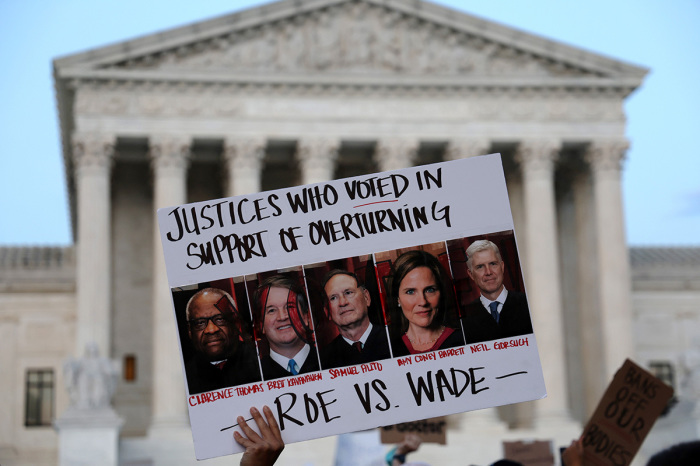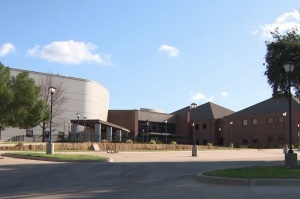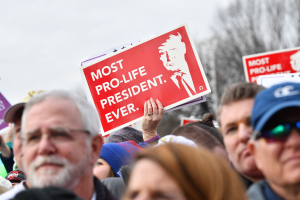Quarter of US abortion clinics will close if Roe v. Wade is overturned, study predicts

A new study released in anticipation of the Supreme Court’s ruling in the Dobbs v. Jackson Women’s Health Organization purports that if the court overturns Roe v. Wade, the case that legalized abortion nationwide, nearly a quarter of abortion facilities throughout the country will close.
Advancing New Standards in Reproductive Health (ANSIRH) conducted the study from 2017 through 2021, releasing the results on Tuesday. The study analyzed 790 abortion facilities that publicly advertised their services and were open in 2021, an increase from the 774 open facilities in 2017.
The uptick was attributed to the Food and Drug Administration lifting the in-person dispensing requirement for chemical abortions (abortion pills) and allowing for them to be shipped by mail in December 2021. The FDA had temporarily removed restrictions on abortion pills during COVID-19, but this move made the removal permanent.
The change led to the opening of telehealth facilities throughout the country that provide prescriptions for this type of abortion, with the number varying by state.
Using data from ANSIRH’s abortion facility database, the study analyzed all abortion facilities within the U.S. and Washington, D.C., that publicly advertise that they commit abortions.
ANSIRH’s database includes a wide range of facilities such as doctor’s offices, public health centers and hospital settings. According to the study’s authors, the database’s information about abortion facilities that publicly advertise what they do was “systematically updated every summer during June through September of the years 2017, 2018, 2019, 2020, and 2021.”
Data about the location of each abortion facility, the types of abortions offered and their cost was documented by the study's authors, who gathered information by conducting searches online and calling the facilities.
In the event that Roe is overturned, the study asserts that “up to 26 states could ban most or all abortions and many facilities in these states may close. We may also see fewer facilities serving larger populations of people.”
It predicts that the overturning of Roe will lead to the closure of 202 abortion clinics, closing 26% of all publicly advertising abortion facilities in the U.S.
The study authors also noted the geographical differences in the distribution of abortion facilities, which they predict would widen if the court strikes down Roe.
According to the study, there was one abortion facility for every 56,000 women of reproductive age in 2021 in the Northeast, and in the South, there was one facility for every 158,000 women of reproductive age.
Compared to other states, California had the most abortion facilities, with 168 open facilities as of 2021, followed by 89 in New York and 55 in Florida.
ANSIRH did not immediately respond to The Christian Post’s request for comment.
On Friday, the Iowa Supreme Court ruled in the case of Planned Parenthood of the Heartland et al. v. Kim Reynolds et al. that there is no right to abortion in the state’s constitution. The ruling reversed a lower court decision against Iowa’s 24-hour waiting period for an abortion and remanding for further proceedings.
“[T]he Iowa Constitution is not the source of a fundamental right to an abortion necessitating a strict scrutiny standard of review for regulations affecting that right,” Justice Edward Mansfield wrote in the majority opinion.
“Constitutions — and courts — should not be picking sides in divisive social and political debates unless some universal principle of justice stands on only one side of that debate. Abortion isn’t one of those issues.”
According to the Guttmacher Institute, more than 20 states, including Iowa, have “trigger laws” on the books which would go into effect and ban abortion in the absence of Roe. A leaked draft majority opinion published by Politico last month suggested the court is poised to overrule the 1973 decision in a ruling that could uphold Mississippi’s 15-week abortion ban.
A May 3 statement released by the court the following day verified the draft opinion’s authenticity but also said it does not reflect the final ruling. The court is expected to release its decision sometime this month.




























